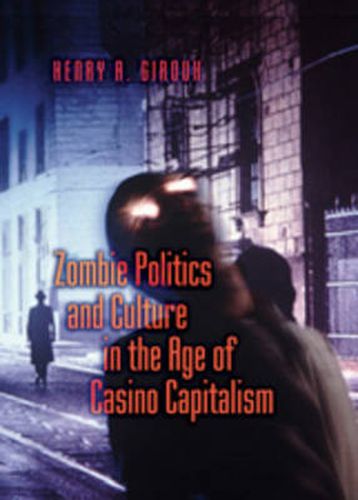Readings Newsletter
Become a Readings Member to make your shopping experience even easier.
Sign in or sign up for free!
You’re not far away from qualifying for FREE standard shipping within Australia
You’ve qualified for FREE standard shipping within Australia
The cart is loading…






This title is printed to order. This book may have been self-published. If so, we cannot guarantee the quality of the content. In the main most books will have gone through the editing process however some may not. We therefore suggest that you be aware of this before ordering this book. If in doubt check either the author or publisher’s details as we are unable to accept any returns unless they are faulty. Please contact us if you have any questions.
For hundreds of years, scholars have debated the meaning of Jesus’ central theological term, the ‘kingdom of God’. Most of the argument has focused on its assumed eschatological connotations and Jesus’ adherence or deviation from these ideas. Within the North American context, the debate is dominated by the work of Norman Perrin, whose classification of the kingdom of God as a myth-evoking symbol remains one of the fundamental assumptions of scholarship. According to Perrin, Jesus’ understanding of the kingdom of God is founded upon the myth of God acting as king on behalf of Israel as described in the Hebrew Bible.
Moving Beyond Symbol and Myth challenges Perrin’s classification, and advocates the reclassification of the kingdom of God as metaphor. Drawing upon insights from the cognitive theory of metaphor, this study examines all the occurrences of the ‘God is king’ metaphor within the literary context of the Hebrew Bible. Based on this review, it is proposed that the ‘God is king’ metaphor functions as a true metaphor with a range of expressions and meanings. It is employed within a variety of texts and conveys images of God as the covenantal sovereign of Israel; God as the eternal suzerain of the world, and God as the king of the disadvantaged. The interaction of the semantic fields of divinity and human kingship evoke a range of metaphoric expressions that are utilized throughout the history of the Hebrew Bible in response to differing socio-historical contexts and within a range of rhetorical strategies. It is this diversity inherent in the ‘God is king’ metaphor that is the foundation for the diversified expressions of the kingdom of God associated with the historical Jesus and early Christianity.
$9.00 standard shipping within Australia
FREE standard shipping within Australia for orders over $100.00
Express & International shipping calculated at checkout
This title is printed to order. This book may have been self-published. If so, we cannot guarantee the quality of the content. In the main most books will have gone through the editing process however some may not. We therefore suggest that you be aware of this before ordering this book. If in doubt check either the author or publisher’s details as we are unable to accept any returns unless they are faulty. Please contact us if you have any questions.
For hundreds of years, scholars have debated the meaning of Jesus’ central theological term, the ‘kingdom of God’. Most of the argument has focused on its assumed eschatological connotations and Jesus’ adherence or deviation from these ideas. Within the North American context, the debate is dominated by the work of Norman Perrin, whose classification of the kingdom of God as a myth-evoking symbol remains one of the fundamental assumptions of scholarship. According to Perrin, Jesus’ understanding of the kingdom of God is founded upon the myth of God acting as king on behalf of Israel as described in the Hebrew Bible.
Moving Beyond Symbol and Myth challenges Perrin’s classification, and advocates the reclassification of the kingdom of God as metaphor. Drawing upon insights from the cognitive theory of metaphor, this study examines all the occurrences of the ‘God is king’ metaphor within the literary context of the Hebrew Bible. Based on this review, it is proposed that the ‘God is king’ metaphor functions as a true metaphor with a range of expressions and meanings. It is employed within a variety of texts and conveys images of God as the covenantal sovereign of Israel; God as the eternal suzerain of the world, and God as the king of the disadvantaged. The interaction of the semantic fields of divinity and human kingship evoke a range of metaphoric expressions that are utilized throughout the history of the Hebrew Bible in response to differing socio-historical contexts and within a range of rhetorical strategies. It is this diversity inherent in the ‘God is king’ metaphor that is the foundation for the diversified expressions of the kingdom of God associated with the historical Jesus and early Christianity.